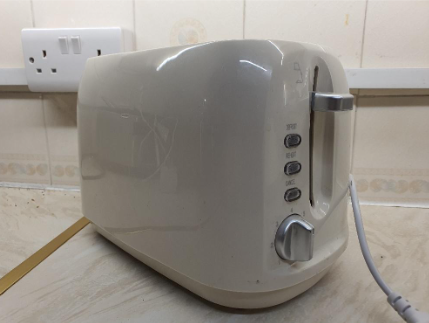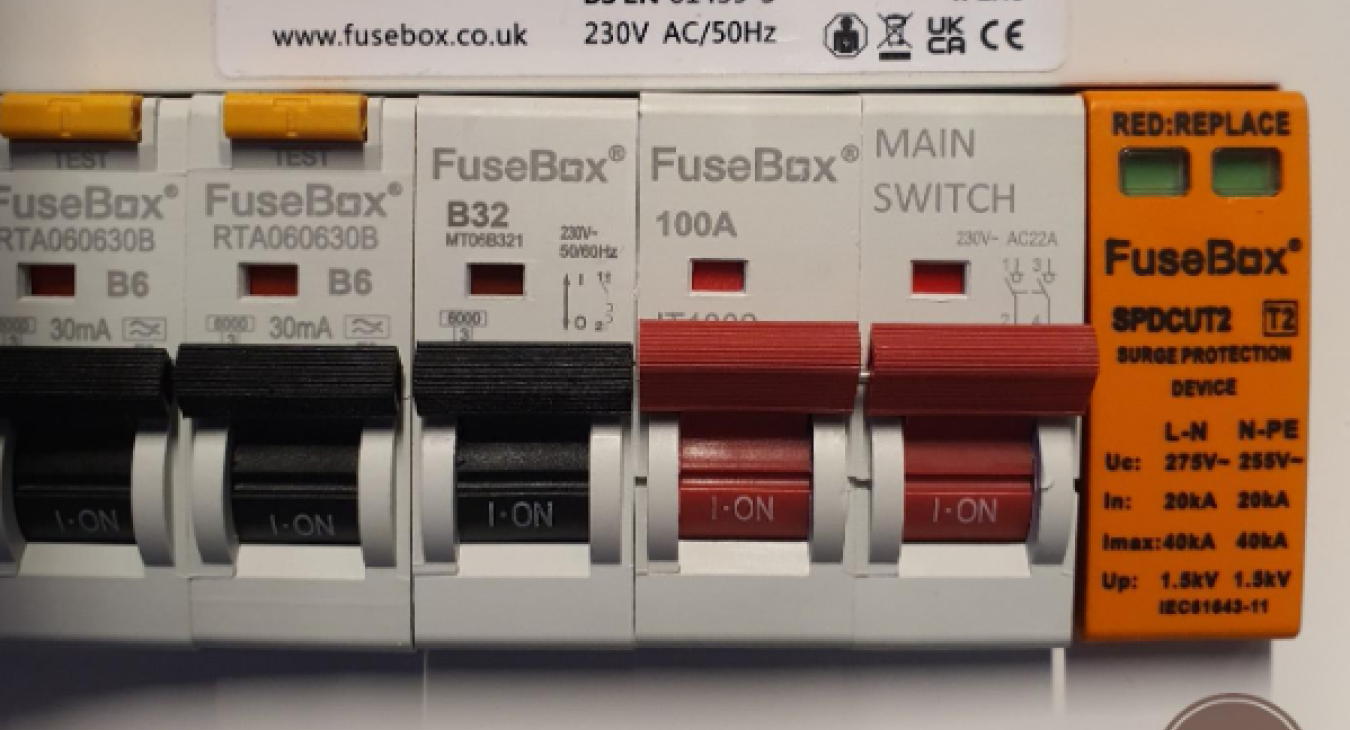Electrical Certificate to Sign Off Building Work - Electrical Faults Fixed
Table of Contents
July 2024
Back to top1) Why does an Electrical Certificate matter?
An Electrical Certificate is a vital document that proves that any electrical work carried out in the property complies with the Building Regulations and the IEE Wiring Regulations BS7671. Without an electrical certificate for any electrical work carried out there is no way to prove that the work done is compliant and safe.
There are strict guidelines and laws in place around electrical installations which are there to keep people safe. When electricians carry out electrical work, they will normally issue an ELECTRICAL SIGN OFF CERTIFICATE detailing what has been carried out, where, the electrical testing that has been carried out and the results of the testing.
Back to top2) What types of Electrical Certificate are there?
There are several Electrical Certificates that can be issue depending upon the type of electrical work:
- Electrical Installation Certificate
- Minor Electrical Installation Works Certificate
- Electrical Installation Condition Report
- Part P notification / Building Control Notification
- Portable Appliance Test Certificate
2.1) Electrical Installation Certificate (EIC)
An electrical installation certificate is a document that is produced following the installation of a new electrical circuit, a rewire, a partial rewire, a fuse box or consumer unit change or any work significant enough to require one.
The document states the type of work carried out, the test results for the new installation and a tick list stating compliance with the relevant parts of the wiring regulations. A qualified electrician must be used to carry out electrical works as without the relevant qualifications, experience, and knowledge, it will be impossible to safely install and test electrical installations.
2.2) Minor Electrical Installation Works Certificate (MEIWC)
A MEIWC is a certificate that is used for many type of electrical minor works that are less involved in nature and do not warrant the completion of an EIC. Electrical circuits that are being added on to, additional plug sockets on an existing circuit, installing replacement light switches and replacing an RCD or MCB are all situations where a MEIWC may be used.
The minor electrical works certificate still requires electrical testing to be carried out using suitably calibrated electrical test equipment. This is an important safety document as it not only shows that the wiring system being added to is compliant and safe but that the property’s electrical system is being correctly maintained.
Electrical documents like the EIC and MEIWC may be asked for when selling or buying a property in order to establish that any wiring has been carried out correctly.
2.3) Electrical Installation Condition Report (EICR)
The EICR is a document produced following a Periodic Electrical Inspection. The most important aspect is the actual inspection itself is the testing and inspection and the EICR is the document that records the findings.
A thorough periodic inspection will take from 3 to 6 hours depending upon the size of the property and number of electrical circuits installed. The inspection checks things such as earthing, cable insulation quality, visual inspection, trip switch operation, electric shock protection measures and much more.
Once the inspection has been carried out the EICR is produced and will outline any dangerous situations, potential dangers, and non-compliances with the current electrical safety standards.
EICR is commonly requested in a rental property, commercial premises, industrial premises and is a way of showing that the electrics are at a safe standard.
2.4) Part P Building Notification / Building Control Notification
The Building Control Notification is an important part of the process in domestic electrical installation works. If you hire an electrician that is registered with a competent person’s scheme such as the National Inspection Council for Electrical Installation Contractors (NICEIC) then your contractor will automatically carry out the notification for you through their part P scheme provider.
Building control need to be notified of any electrical works that involve an EIC or work on domestic bathroom electrical circuits or other special locations. Works that are carried out in domestic dwellings need to be done in accordance with part p of the building regulations.
You should receive a building regulations compliance certificate from your electrician for work that you have carried out that is deemed ‘notifiable work’ and should expect one from a seller where a property has had relevant work carried out.
2.5) Portable Appliance Test Certificate (PAT)
This type of certificate is used to show that a portable electrical appliance has been tested and inspected. The certificate will often detail the serial number, type, manufacturer, and model number of the appliance along with any electrical testing that has been carried out on the appliance.

This type of certificate is often required in rented, commercial and industrial premises to show that electrical safety standards are being met in these environments.
Back to top3) Requirements of Part P and Domestic Wiring
Notifiable electrical work has to be correctly carried out and notified to building control. This is a legal requirement in England and Wales. Where an electrician is part of a government-approved scheme such as the NICEIC, they can notify the work for you.
Domestic electrical works that are carried out in a special location such as a shower room, sauna or bathroom are notifiable.
4) Building work done but no Electrical Certificate
When building work has been carried out that involves the alteration of electrical wiring, a certificate is required to show that the electrical work has been carried out in accordance with both building and wiring regulations.
If no certificate has been issued then check with your builder or electrician to obtain a copy of the required certificate. You may be able to obtain a copy by contacting the NICEIC or local building authority.
Back to top5) Selling the property without an Electrical Certificate
When selling a property without any electrical certification, there may be problems during the legal process. Solicitor commonly request electrical certification from the seller and recommend the buyer to have an electrical inspection carried out.
Where no paperwork exists for an electrical installation, building additions or obvious wiring alterations, the sale may be in jeopardy.
Homeowners insurance may not cover the property for any electrical works where work has been carried out without certification and as such, you should check with your insurance provider that your policy covers the property.
Back to top6) What if I don’t have an Electrical Certificate?
There are a few things that you can do if you have no electrical certificate for any work that has been carried out:
- Request an inspection and EICR
- Get the Electrician back
- Take out Indemnity insurance
- Have the work done again
- Lower the price
6.1) Request an inspection and EICR
An electrical inspection and EICR may prove that the installation is at least safe. An EICR won’t show that work has been carried out to the building regulations if cable routes cannot be seen and other aspects of the installation are hidden.
Despite this, an EICR is often accepted in place of a missing EIC so it is worth asking the question. The electrical report may show that fuse boards are out of date, light fittings need replacing, sockets are dangerous or that there is a risk of electric shocks. Be prepared to expect the inspector to find other problems that need fixing.
6.2) Get the Electrician back
If work has been carried out in the last 30 days, then the electrician that did the original work may be able to return and certify the work within the 30-day period.
6.3) Take out Indemnity Insurance
An indemnity policy for the wiring may be the answer. “Lack of building regulations” insurance is available through select insurance providers to protect you against enforcement action taken by a local authority where the property has no planning permission and / or building regulations approval.
Local authorities can and do act, where there has been no building regulations approval or where work has been carried out without the correct notification process.
6.4) Have the work done again
Whilst not the cheapest option, there is the peace of mind that comes with having the work done right and certified correctly. This may be the best option if, after an EICR is produced, there are some serious non-compliances highlighted that require remedial work in order to rectify dangerous conditions.
6.5) Lower the price
Unsavoury I know, but knocking a chunk of money off your property may be a solution to produce a quick property sale and some leeway for the buyers in order to rectify any works that need redoing.
Back to top7) Summary
Without the correct ELECTRICAL SIGN OFF CERTIFICATE there can be problems during any conveyancing process, with home insurance or with future electrical works you wish to have carried out.
An unregistered electrician may be able to carry out the electrical work for you but it is your responsibility to notify the works to the local council building control office and have them carry out checks. There may be additional charges for this service.
Its best to use a certified electrician that is registered with the NICEIC or NAPIT to ensure that the local authority building control are notified and that you receive the completion certificate for the work.
Back to top
Read more articles
- Log in to post comments


